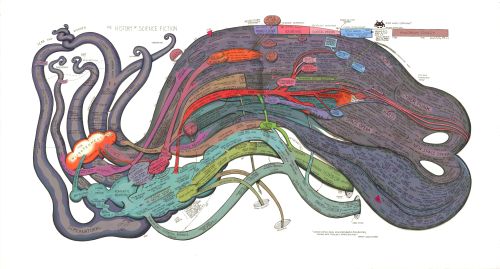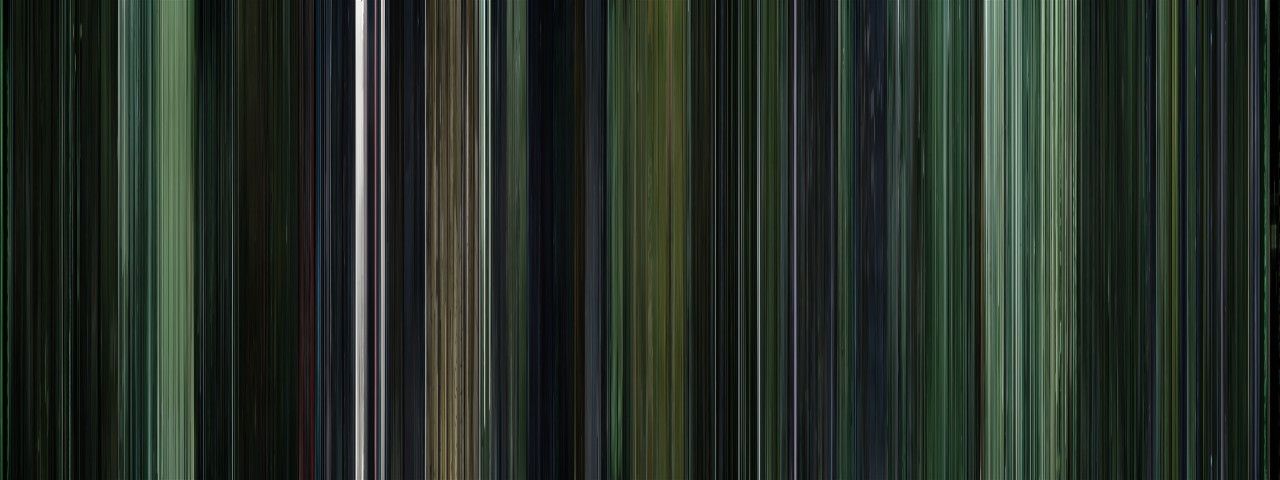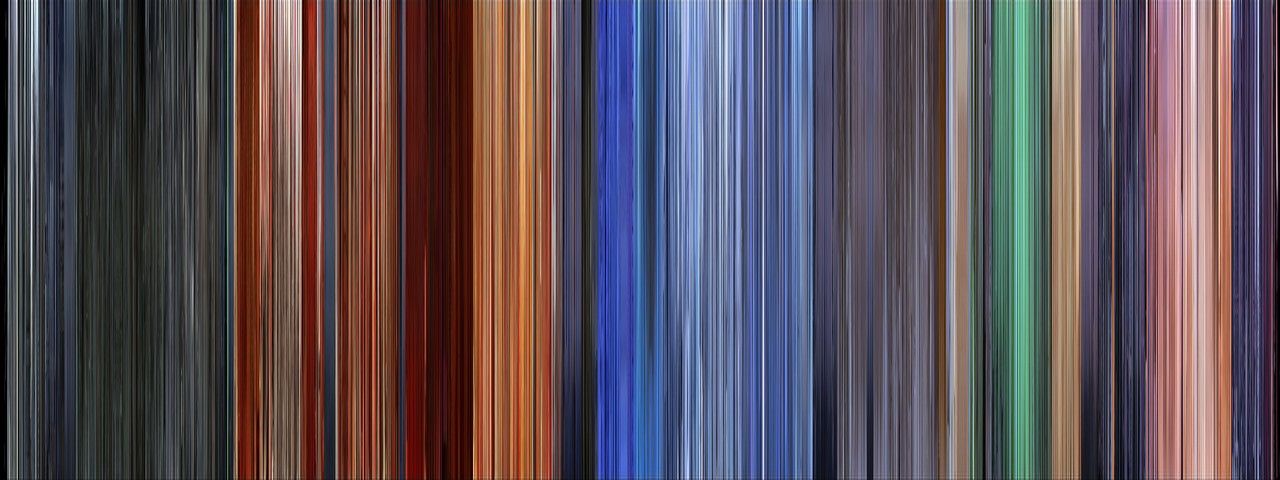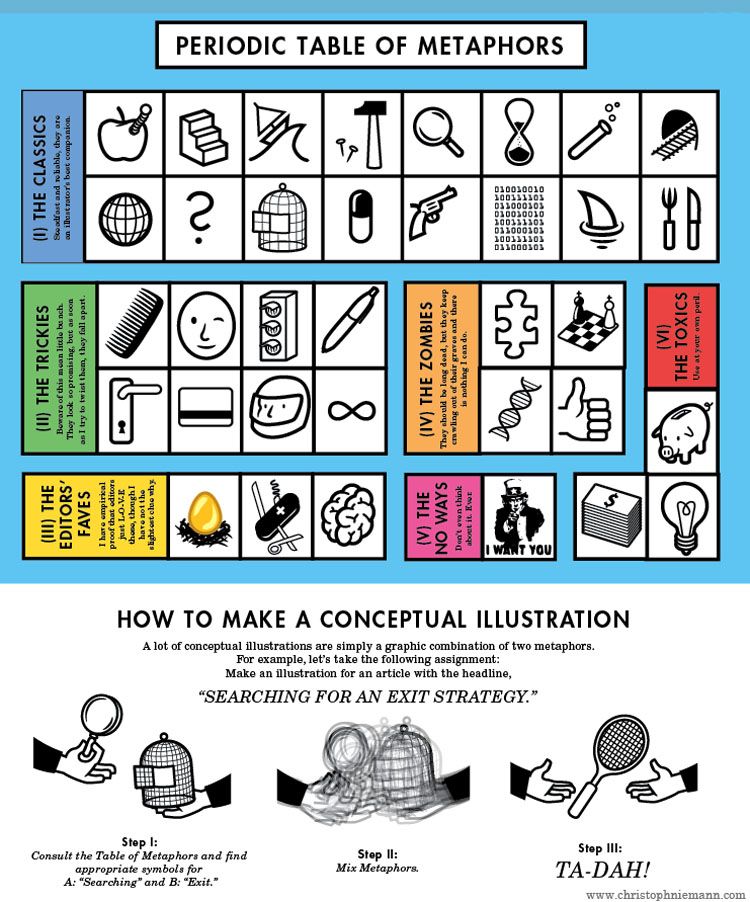(Originally sent May 2009)
I’m considering switching to a blog format for Things in time for Things 50. Let me know if you have any strong feelings on the subject. [You’re now looking at it! – T.M. 28/5/11]
Video
Danny MacAskill does parkour/free-running but on a bike. Having seen these kind of videos before, I know a lot of them are clearly a collection of flukes edited together – but in this case the man has a staggering raw skill and most of the things he does (with the exception of the first) you get the feeling he could pull off 10 times in a row.
A slow build up, but worth it:
Quotes
Two quotes capturing a similar idea – decide for yourself just how gender-neutral ‘man/men’ is in each case:
“Every man takes the limits of his own field of vision for the limits of the world.”
– Arthur Schopenhauer
“Men perceive the world from their own point of view, which they confuse with absolute truth.”
– Simone de Beauvoir
Link
With no regard to downplaying expectations, Wolfram|Alpha is going to attempt to launch within the next 24 hours. In some sense a web front-end for Mathematica, it will essentially curate public knowledge (population demographics, poker probabilities, mathematical algorithms, and who knows what else) and make it queryable with natural(ish?) language.
The hype:
“Wolfram|Alpha is in a sense the “killer app” for Mathematica. It is a chance for Mathematica to show off the astonishing range of things it is capable of doing when it is deployed, not against a specific problem, but against all problems.”
A lovely little .pdf summarising the ‘quest for computable knowledge’ in 2 sides of A4, where Wolfram|Alpha is naturally the next great step.
A bit of geekish chest-thumping as they assert how mighty their works are.
Showing off the maths bit.
The Reality:
From Douglas Lenat:
“[it] covers a large portion of the space of queries that the average person might genuinely want to ask. […] It handles a much wider range of queries than Cyc, but much narrower than Google; it understands some of what it is displaying as an answer, but only some of it […] The bottom line is that there is a large range of queries it can’t parse, and a large range of parsable queries it can’t answer.”
Assuming they can withstand demand, you will be able to try it for yourself very shortly – they will commence launch preparations at 1am tonight / tomorrow morning.
[Of course, it’s now live, and Lenat’s observation remains accurate – T.M. 28/5/11]
Picture
Dresden Codak‘s Aaron Diaz, sporadically brilliant webcomicer, illustrates 7 types of plot twist and how they manifest across six genres, from the Reverse Macguffin in a Thriller to Double Shyamalan Mystery.
Puzzle answer: The Space Stick
Can information travel faster than light if you poke an incredibly rigid stick one light-year long? The answer is no. As many of you observed, ‘pushing’ a solid object does not magically transfer force instantaneously through it, but rather creates a compression wave as atoms or molecules push up against one another, and this is bounded by the speed of light. (There’s also the issues of the necessary rigidity being impossible, the huge amount of inertia you would be working against, needing something to push against, and gravitational complications if you’re anywhere near a planet or other large celestial body).
Many of you chose to focus instead on the general problem of faster-than-light communication. In summary, quantum entanglement does involve ‘spooky action at a distance’, but fascinatingly stops just short of being spooky enough to transfer information. Wormholes, on the other hand, are seemingly permitted by General Relativity, which would seem to lead to paradoxes, and remains a mystery.
This week’s puzzle: Wired’s “Color Scheme”
The US issue of Wired this month is guest-edited by J. J. Abrams and features a lot of interesting puzzles as well as a meta-puzzle (I think). I highly recommend ‘Color Scheme’, which you can try here [link broke, try here – metatim 03/08/15], although you’ll have to resist just clicking for the answer on the link bizarrely placed immediately below the puzzle.






